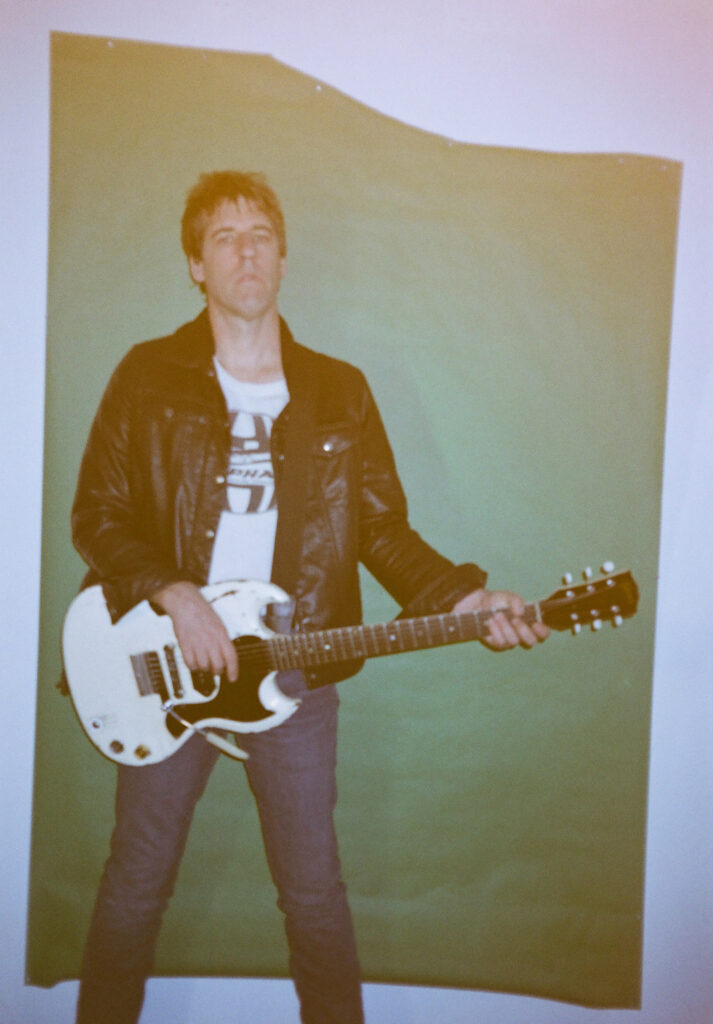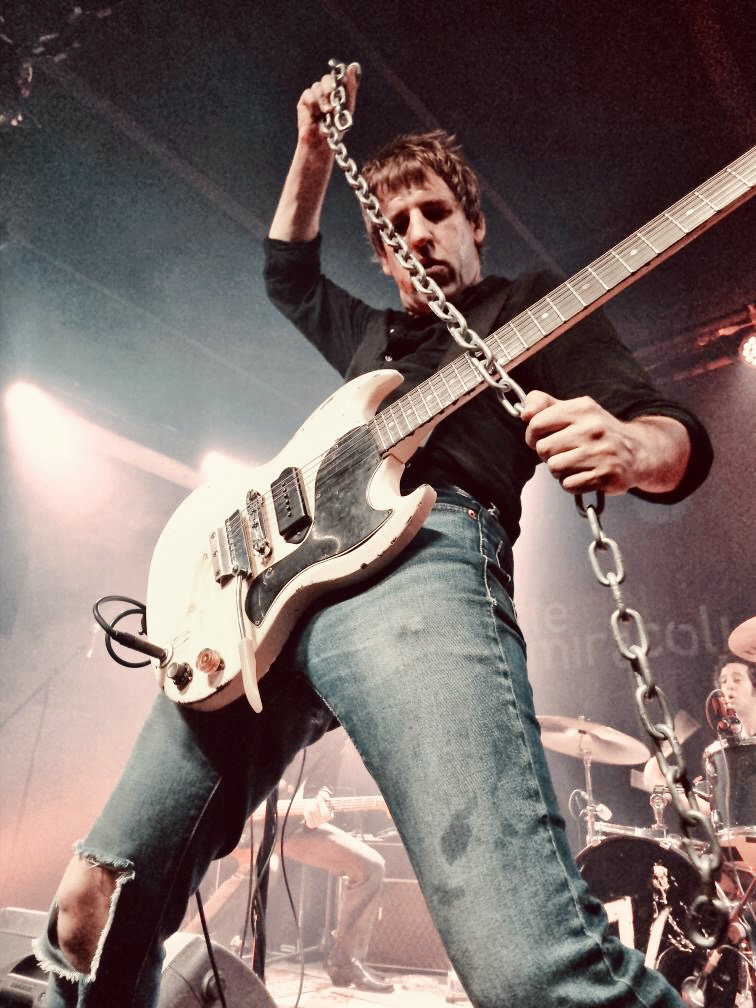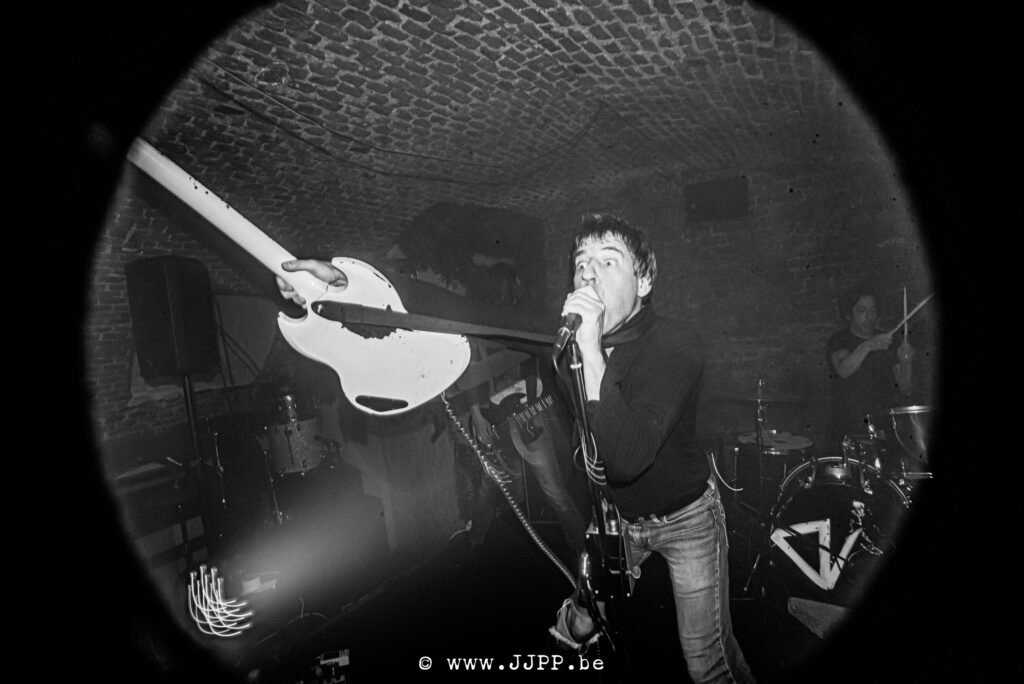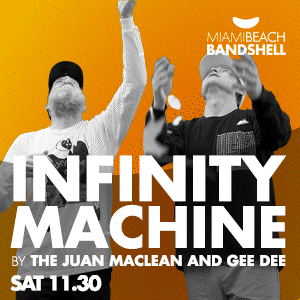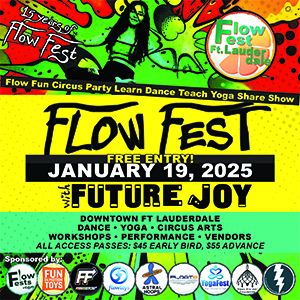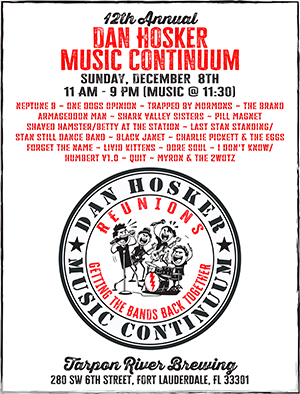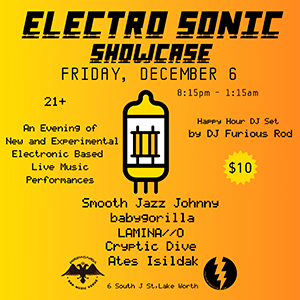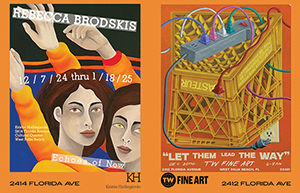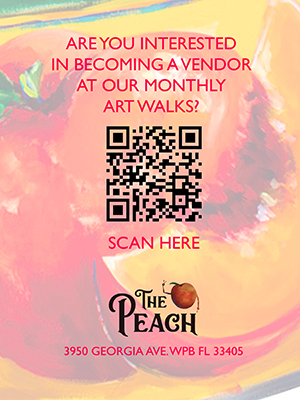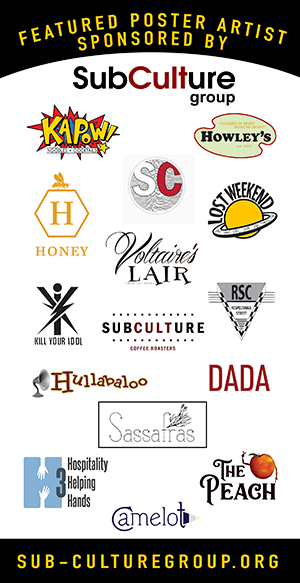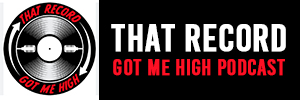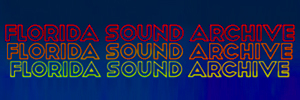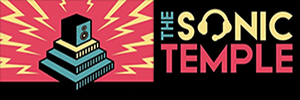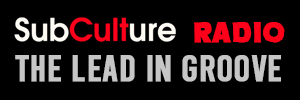Because nothing says “metal” like a length of chain in one hand and an electric guitar in the other, it’s easy to take Dion Lunadon for a total headbanger, judging by the chain-brandishing cover photo on his November 2023 album, Systems Edge. But dig into that collection, and Lunadon’s new mini-LP, Memory Burn, and it’s clear this rock ’n’ roll lifer and Bumblefest headliner wields “heavy” in his own way. The New Zealand-born, New York-based guitarist and singer draws less from metal heroics; he’s more an embodiment of rock and punk at their most concentrated and primal.
Lunadon spoke to PureHoney over Zoom from his home studio in Brooklyn in July as he prepared to lead his band across Europe and North America. A founding member of early-aughts garage terrors The D4 and then bassist in the darker-hearted A Place to Bury Strangers, Lunadon had lots to say about surviving and thriving as a musician, living in America and making a racket with that chain. (This interview has been edited for clarity and length.)
How did you figure out that you could play guitar with a steel chain?
I don’t think I’ve ever seen anyone play the guitar with a chain and I’m always kind of learning — what’s that down here? [Reaches off screen] Hold on. There it is. [Holds up chain] Always have one within reach. I’m always learning new ways to maybe make sound with it. I’m still kind of in the early days, actually. It’s hard to be musical with a chain.
You’re in good company: Jimmy Page with a cello bow; Thurston Moore with a screwdriver.
With a chain, you can kind of use it as a slide. Even lightly touching the pickups you can hear the clank of the chain, and you can use one link as a pick. Funnily enough I’ve never recorded with the chain, but I do plan on doing that.
Memory Burn arrived very quickly after Systems Edge. Is it in any way an outgrowth of that earlier record, or a completely new burst of energy and inspiration?
It’s kind of like all my records: I recorded a hell of a lot over about a four, five year period, pretty much from the [self-titled 2017] first album straight through the pandemic up until I started touring about a year ago. I just have such a huge backlog of songs. And I’m always kind of listening through them and always recording new songs as well. So all my records are kind of from all that period. Usually most of the songs are newer ones, but there’s always a few from way back from the first record or from the second record [2022’s Beyond Everything]. The way I pick and choose is just, what works as an entity?
In this track-driven era of listening through Spotify, it sounds like you still feel that an album has value.
Well it definitely has monetary value. Some of my income is from LP sales on the road. That’s what keeps me functioning touring, the records that I sell on the road, the physical copies. So it does have a value, still. But when you’re talking about the other part of the world, which is the Internet, it’s a little bit different. Maybe singles are the way to go, just releasing songs here and there. I’m kind of old school; I like 7-inches and LPs. This band is not the kind of band that has a lot of hype around it on the Web and I’m not a crazy Instagrammer. I like touring, and that’s the way I really pick up a lot of my fans, and I’m cool with that.
Going viral through touring and word of mouth.
I feel like it’s better for longevity, and it’s more of an honest way. You’re not really marketing to anyone so much. You’re kind of letting people come and decide for themselves. And if your band is any good they will tell their friends.
Some of the tracks from Memory Burn are really fast and energetic, like, live, these songs will demand a lot of you to be played with that same energy and that spirit night after night. Do you ever look back at some recordings and think, ‘This song is going to kill me on the road’?
No, I never think that ever, actually. But thanks for putting that in my head.
Sorry!
It’s okay. It’s just a song. It’s not like I’m running a marathon. And I’m an energetic person. I have energy. I kind of look after myself a little bit. And that’s kind of my whole thing. That’s always been my strong point as a musician. When people come to see me it’s about the energy and I feel like I still have the energy, so I’m not really worried about that too much.
There’s a recurring line in “Goodtimes” — “The good times are killing me” — that sounds cautionary, like, be careful of the music lifestyle. Is this in any way autobiographical, or just you observing your surroundings?
Definitely autobiographical, my younger years. And I see a lot of younger guys and girls getting into the trap of the rock ’n’ roll lifestyle, which is actually a little bit of a cliche. As we get older we hopefully grow up and want something more from life than that, because there comes a time where you go, okay, am I gonna keep doing this or am I gonna look for something a little bit deeper and a little bit more fulfilling?
And that’s the crossroads I hit in my late 30s. I was just sick of partying all the time and I knew it might be the end of me if I continued that way. So I made the decision to focus on something different, focus on the music.
Some people might get into a spiral where they think they can’t have one without the other.
It’s a funny one, you know? I do feel like there’s certain things that are very hard to tap into without that kind of lifestyle. But there’s also a hell of a lot of other things that are way easier to tap into. I think my quality of work, my songwriting, my performance in some ways, my creativity, my output — all way better now than it was.
The one thing I miss, really, about being crazy is getting crazy [laughs]. Like, the danger, the unpredictability, all those kinds of things. That can be hard to tap into. But I see it as a way to tap into something a lot deeper and honest and realer than just having a couple of drinks to get crazy [before going on stage]. I want to tap into something a room of 2,000 people can feel rather than just the front few rows, and the back of the room goes, ‘Oh, that guy looks kind of drunk.’
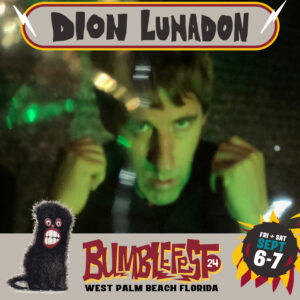 Two songs on Memory Burn reference places, “New York” and “Hollywood Blues.”
Two songs on Memory Burn reference places, “New York” and “Hollywood Blues.”
I guess both of those songs relate to my experiences [living there]. “New York” is basically about my love for New York. I really love New York and it’s like living in a dream here. So many of my favorite bands started here. I come from a very small country. I looked up to New York for a long time and then suddenly I’m in it and it’s like, oh my God, this has got everything that you could ever wish for: the creativity, the infrastructure, the people driving to do something cool.
And then you’ve got Hollywood [laughs], which is the other end of the spectrum. It wasn’t really my kind of city to live in. It was kind of dark and depressing. I always wanted to move somewhere that was always sunny, and then I figured out for myself it felt like sunshine from a can.
What’s the makeup of the band you’ll be bringing to Bumblefest?
They’ll see four to five people depending on whether we can rustle up a secret member or not. I sing and play guitar. My buddy Jake [Pflum] plays guitar and keyboard. Craig [Bonich] plays bass. And Dylan [Cascante], the youngest guy in the band, he plays drums.
Is New York a good place for finding bandmates?
There’s definitely more of a pool of people, but people are busy here, too. If you’re good, you’re in a couple of bands and you’re working three jobs. It’s tough.
Dion Lunadon headlines Bumblefest on Saturday, September 7. Bumblefest is Sept. 6 and 7 in downtown West Palm Beach. bumblefest.com dionlunadon.bandcamp.com ~ Sean Piccoli

